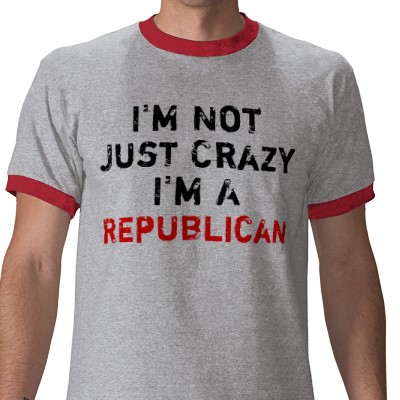
State Sen. Tom Holland, a Baldwin City Democrat, not only threw his hat into the ring for the governor’s position Wednesday, he came out swinging against Sam Brownback, a Republican favored to win the seat.
“I’m standing here today to let Kansas know they do have a choice for governor,” said Holland, on the steps of Lowman Elementary School in Topeka to draw attention to the plight of public education with the state’s troubled economy and continued budget cuts.
“Behind me is Lowman Hills Elementary School,” he said, surrounded by his wife and family. “It’s just like hundreds of other neighborhood schools across Kansas, where dedicated men and women are teaching our children and looking to the future.”
He said it’s like the many schools across Kansas where parents, principals, teachers and students are worried what will happen if school funding is cut more.
“Because when we talk about the budget — we are talking about our schools,” said Holland. “When we talk about the budget — we are talking about providing services to those who are most vulnerable.
“When we talk about budget — we are talking about protecting public safety,” he said. “When we talk about budget — we are talking about real people, in real communities, in every corner of the state. The next Kansas governor must find solutions to these difficult problems, not repeat the mistakes of the past.”
That’s when Holland, who first won a seat in the state house of representatives in 2002 and then won his senate seat in 2008, went on the attack on Brownback, a senator for the past 16 years.
“And for the past 16 years, Sam Brownback has been part of the problem,” said Holland. “While in Washington, Brownback presided over a $5 trillion increase in our federal debt, voting against fiscal responsibility and in support of laws that created the recession we’re currently facing.
“Brownback had a front row seat in Washington while his failed policies made life worse for our families,” he said. “Now, Sam Brownback wants to put his failed Washington politics and divisive agenda to work in our state.”
Holland and his wife, Barbara, moved to rural Baldwin City in 1991. They have three sons and a daughter. He is owner and president of Holland Technologies, Inc., an information technology consulting and professional services firm.
Holland knows he faces an uphill battle against Brownback, but he’s fought those fights before. He defeated incumbent State Rep. Ralph Tanner in 2002 and incumbent State Sen. Roger Pine in 2008, both Republicans. He first ran to use his business experience to battle the ever-shrinking funding of education. That battle hasn’t stopped.
“I knew how to solve problems for businesses, and when I saw the problems facing my kids’ schools, I decided to lead,” said Holland. “I set out to share my vision with other Kansans. The critics said I had no chance. But I went on to beat the established candidate, a four-term incumbent and the chair of the House Education Committee.
“In 2008, I again answered the call and ran for the State Senate,” he said. “Again, the critics doubted me. Again, I beat an incumbent. Now our state faces an unprecedented budget crisis. Our businesses, schools, social services and public safety programs are in trouble.”
With that, he acknowledged the tough battle ahead against Brownback, but also promised to take it on.
“The people of Kansas deserve a leader who knows how to create jobs and rebuild our economy,” said Holland. “Not dig us deeper in debt, gridlock and partisanship we’ve seen in Washington. I have a proven track record in running a successful business — doing more with less, meeting a payroll and delivering solutions on time and under budget. I have a proven track record representing my district; I lead through listening and I am the only candidate who can put politics aside and bring all people together, Republican, Democrats and proud Independents.
“Now I know Sam Brownback has out-of-state money and Washington insiders supporting him,” he said. “I know the road ahead will be long. But I care so deeply about Kansans and our future that I gladly accept the challenge.”
State Rep. Tony Brown, who served as Holland’s campaign manager before winning his position when Holland ran for Senate, knows Holland is up to that challenge and more.
“I believe Tom will be a great governor for the people of Kansas,” said Brown. “His business, legislative and family experiences reflect the real-world issues that people across the state deal with every day.
“His greatest strength is that he lives among us — he is a neighbor who understands the challenges Kansans are facing during these difficult times,” he said.




